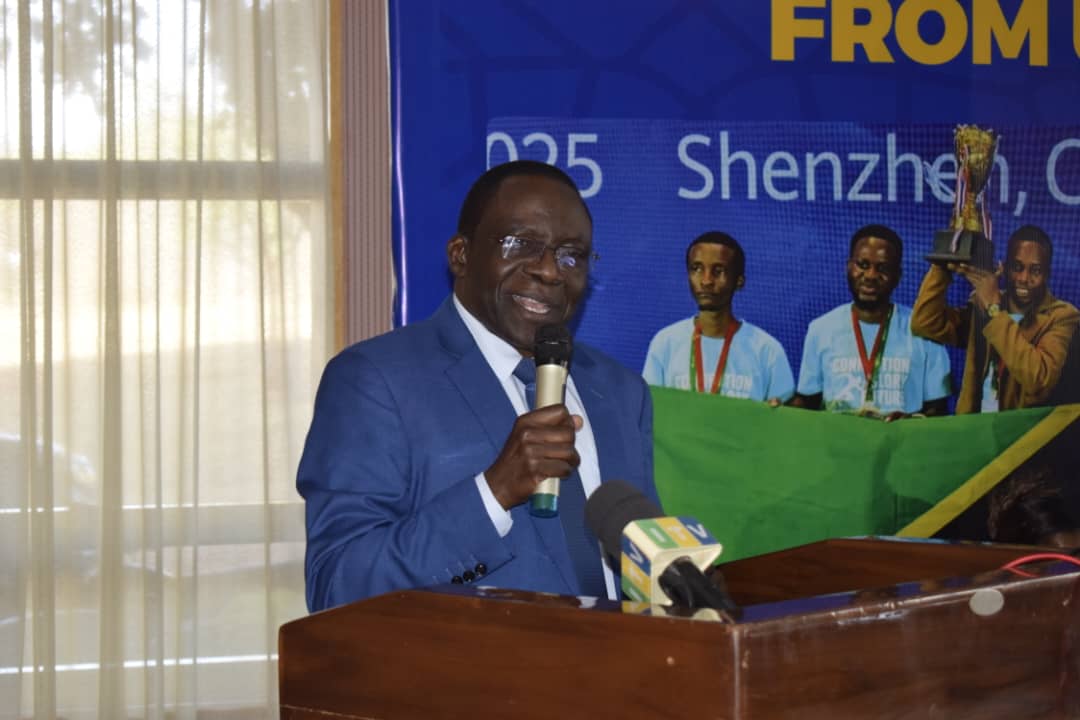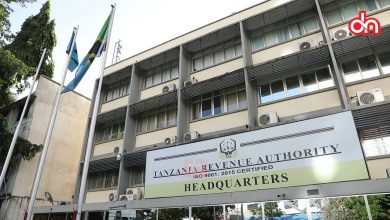UDOM, ICT Commission agree to establish digital innovation hub

DODOMA: IN a significant move to keep pace with rapid technological advancement, the University of Dodoma (UDOM) has entered into a strategic agreement with the National ICT Commission to establish a digital innovation hub on campus.
This was revealed on Wednesday by UDOM Vice Chancellor, Professor Lugano Kusiluka, during a ceremony to welcome and commend the university’s team of students who represented Tanzania in the 2025 Huawei ICT Competition held in Shenzhen, China — a city globally recognized as a hub of tech innovation.

Professor Kusiluka said the new innovation hub is expected to be completed within the next six months, with preparatory work already underway.
“This partnership marks a milestone in our efforts to position UDOM as a centre of excellence in ICT. The facility will be key to nurturing innovation, research, and enterprise development among young Tanzanians,” he said.
He also announced that, due to UDOM’s remarkable performance in ICT-related matters, the Ministry of Communications and Information Technology has pledged support to the university’s cybersecurity laboratory, where students are undergoing training in digital security.
Recently, UDOM launched a specialised cybersecurity programme, designed to equip students with the technical know-how to detect, prevent, and mitigate cybercrime.
“This programme leads to an internationally recognised certification in cybersecurity. It is not a small achievement. Those who complete it successfully are qualified to work anywhere in the world. Currently, there is no other university in Central or Sub-Saharan Africa with the privilege to offer this programme,” he said.
The programme is sponsored by the Africa Programme for Cyber Technology, an organisation based in the United States, and is the first of its kind to be implemented in Africa. The training spans one year.
Professor Kusiluka also congratulated the team of students who participated in the Huawei ICT Competition, noting that their success is not only a personal achievement but a national honour that raises the profile of both Tanzania and UDOM on the global stage.
“This is a great honour to the nation, the university and to yourselves. It will open many doors for you and put both UDOM and Tanzania on the digital map,” he said.
He further emphasised UDOM’s strong presence in the national ICT scene, asserting that the university has become a consistent top performer in such competitions.
“There’s no major ICT competition in this country where UDOM doesn’t appear among the top, either as winners or runners-up. I’ve never seen UDOM miss out on the first or second place,” he noted.
He added that the recent success is expected to attract more students to enrol in ICT programmes at the university, boosting UDOM’s reputation as a technology-focused institution.
He also commended students from other universities who teamed up with UDOM to clinch the international victory.
The competition saw Tanzanian students from three leading institutions — the Dar es Salaam Institute of Technology (DIT), the University of Dar es Salaam (UDSM), and UDOM — winning both grand prizes and runner-up honours, placing Tanzanian ICT talent on the global map.
On her part, Acting Principal of the College of Informatics and Virtual Education, Dr Florence Rashid, said the 2025 Huawei ICT Competition involved more than 960,000 students from over 2,000 universities and colleges across 100 countries and regions.
She noted that 48 countries made it to the global finals, represented by 179 teams. Tanzania’s strong performance in the finals, she said, reflects the quality of ICT education and training offered by UDOM.
“This year, our academy made an outstanding performance — we were the leading academy from the preliminary stages all the way to the global finals,” Dr Rashid said.
ALSO READ: Tanzanian students electrify global stage at Huawei ICT Competition
The Huawei ICT Competition, one of the world’s largest platforms for cultivating ICT talent, provides university students with opportunities to showcase their skills in networking, cloud computing, and emerging technologies, further contributing to the development of digital economies.





